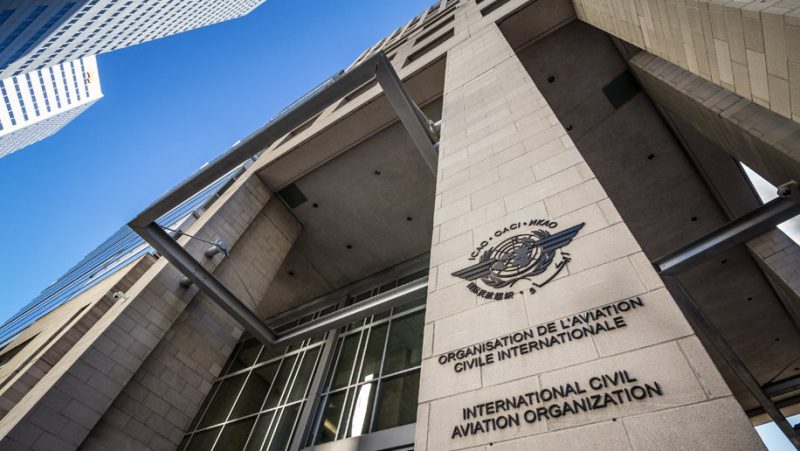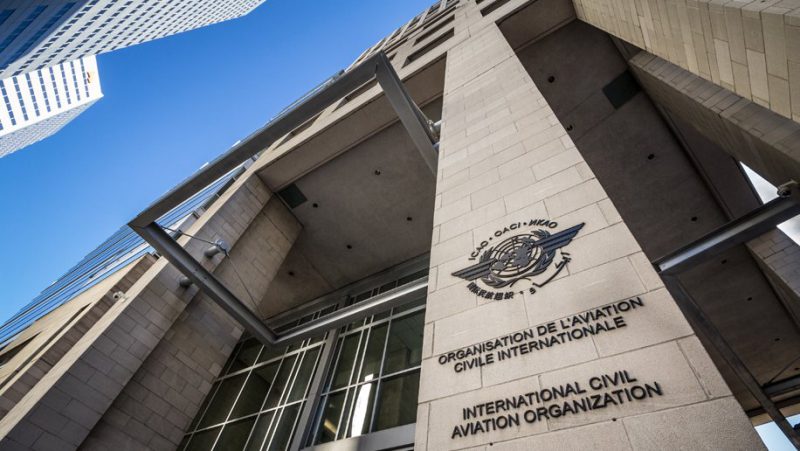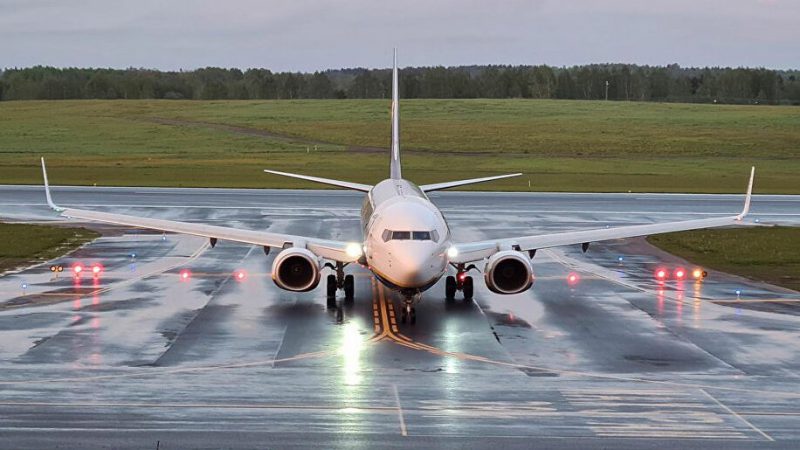Ryanair Incident in Belarus Calls International Flight Conventions into Question
Nations, states and associations worldwide are quick to condemn Belarus authorities and launch investigations
May 26, 2021

Earlier this week, the world witnessed some unprecedented maneuvering by Belarusian authorities to divert an aircraft from its flight between Athens, Greece and Vilnius in Lithuania to land at an airport in Minsk, Belarus. The captain of the Ryanair flight 4978 was told of a bomb threat onboard as the flight was interrupted and intercepted by a Belarusian warplane and forced to land in Minsk. While the bomb threat turned out to be false, the captain had no choice but to comply and land the Ireland-based commercial aircraft (the plane itself was registered in Poland) on command.
The reason later surfaced – a 26-year-old journalist from Belarus was on board, someone who had been angering state officials and was on a terrorist watch list by that government for any chance of apprehension. The man had worked for Telegram channel NEXTA, which had broadcast news and footage from mass protests during Belarus’ August 2020 election. Activists accused longtime Belarussian President Alexander Lukashenko — who has been dubbed Europe’s “last dictator” — of fixing the election outcome.
Reports hold that the flight had crossed into a small corner of Belarus air space, giving the military the cue for its bold actions. However, it is believed that the target — Roman Protasevich – was identified once booked and boarding the flight. Some reports mention KGB spies being onboard that flight. Protasevich was located, arrested and removed from the flight and, after some seven hours on the tarmac, Ryanair continued with the rest of the passengers to its end destination.
The action by Belarus Sunday has far-reaching implications for travel. Major air carriers such as Lufthansa are already barring any flights that involve Belarus or its air space. Governments, including the U.S., were quick to denounce the actions by Belarus, although consequences are not clear. The International Civil Aviation Organization, a UN agency, told news organizations that the diversion “could be in contravention of the Chicago Convention,” which was signed in 1944 and established the ICAO, as well as the rules of airspace rights and air travel and security.

In a move of solidarity with the European Union and other concerned governing bodies, the International Federation of Air Line Pilots’ Associations (IFALPA) and the European Cockpit Association (ECA) released a statement echoing concerns expressed by the International Civil Aviation Organization (ICAO) regarding the forced landing of Ryanair Flight 4978 in Minsk, Belarus, on 23 May, calling the events an “unlawful interference, bearing all the hallmarks of state-sponsored hijacking.”
“We are calling for an independent enquiry into this occurrence and appropriate immediate response by safety and security authorities. This unprecedented act of unlawful interference will potentially upend all the assumptions about the safest response to bomb threats on flight and interceptions … Any military intervention against a civilian aircraft constitutes a willful hazard to the safety of passengers and crew. IFALPA and ECA urge States and the International Aviation Community to investigate and take swift measures against similar occurrences. We also call upon the airline to provide full support to the pilots and cabin crew on board, both during the future investigation and regarding their physical and mental well-being after such a challenging and stressful event.”
Ryanair CEO Michael O’Leary called the decision by Belarusian authorities to divert a plane flying over its territory to arrest a dissident journalist onboard an act of “state-sponsored piracy.”
The U.S. joined other nations in a call for the immediate release of Protasevich and condemned the “forced diversion” of the flight.
“Given indications the forced landing was based on false pretenses, we support the earliest possible meeting of the council of the International Civil Aviation Organization to review these events,” Secretary of State Antony Blinken said in a statement.




